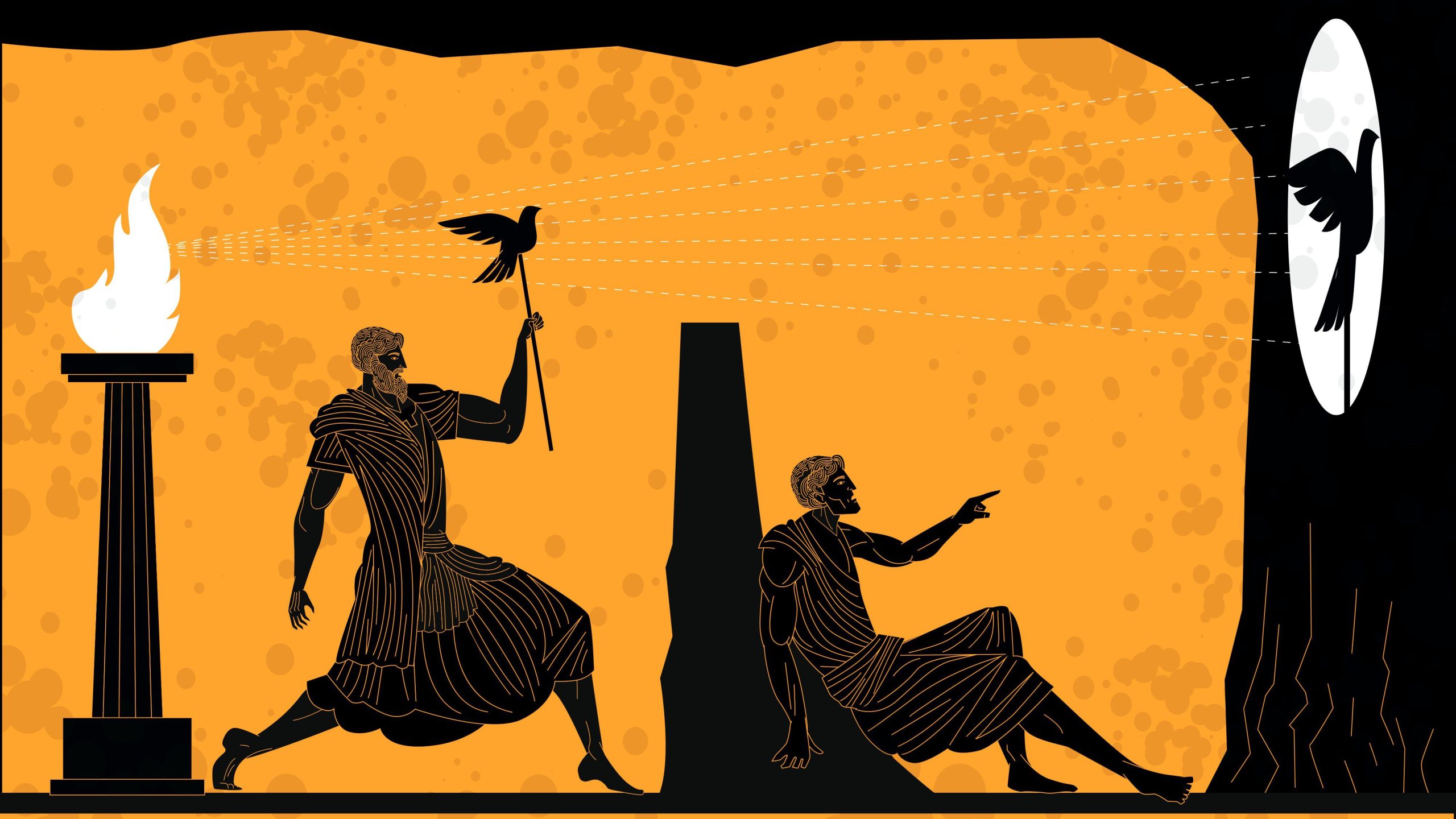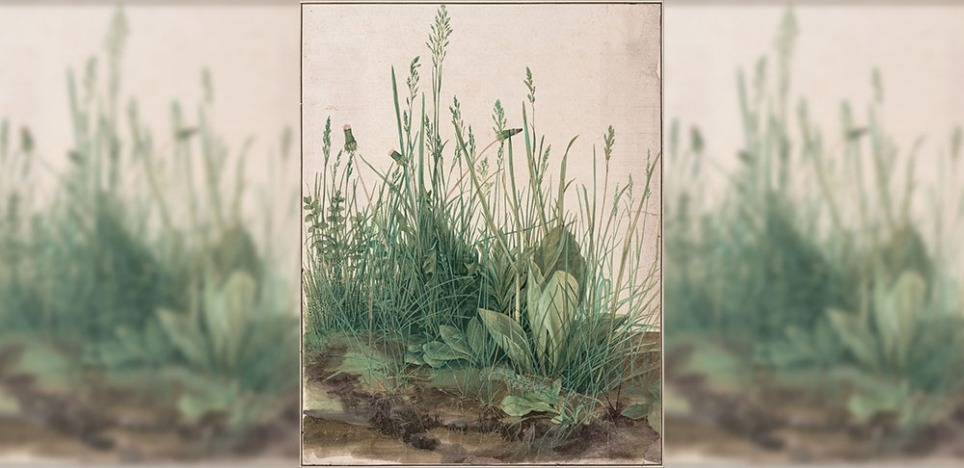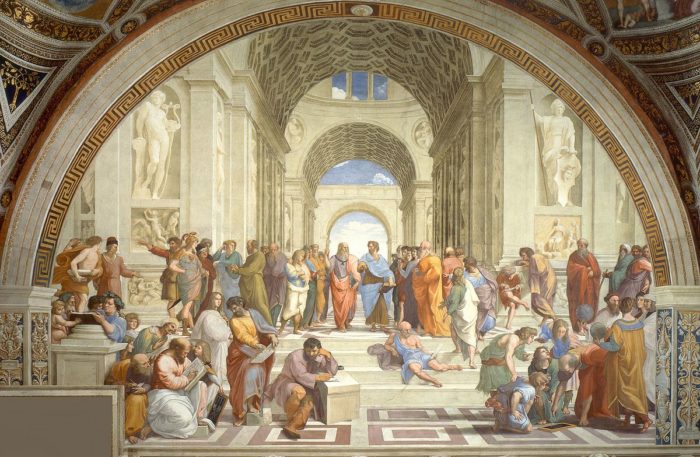Old Ideas Renewed: Science, Philosophy, and Perception as Illusion

By Jacob Bell, Associate Editor, Classical Wisdom Plato, along with his instructor Socrates, are often recognized as the minds which began the western philosophical tradition as we know it today. Plato’s theory of forms and the Allegory of the Cave are not only interesting within the history of philosophy, but hold relevance in regards to











